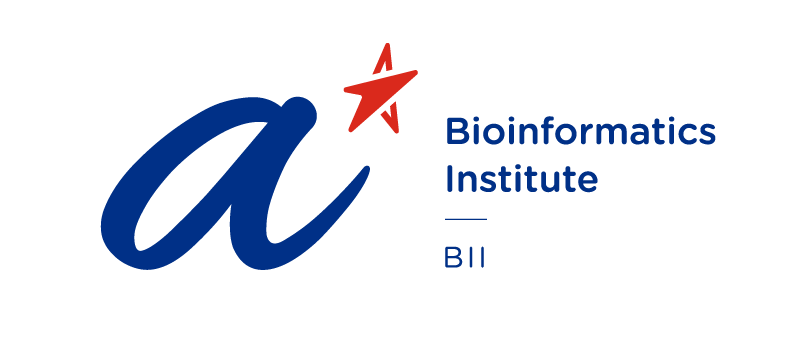Koh J
Integrative multiomics enhancer activity profiling identifies therapeutic vulnerabilities in cholangiocarcinoma of different etiologies
Objectives: Cholangiocarcinoma (CCA) is a heterogeneous malignancy with high mortality and dismal prognosis, and an urgent clinical need for new therapies. Knowledge of the CCA epigenome is largely limited to aberrant DNA methylation. Dysregulation of enhancer activities has been identified to affect carcinogenesis and leveraged for new therapies but is uninvestigated in CCA. Our aim is to identify potential therapeutic targets in different subtypes of CCA through enhancer profiling.
ReadMacrocyclization of an all-D linear α-helical peptide imparts cellular permeability
Peptide-based molecules hold great potential as targeted inhibitors of intracellular protein–protein interactions (PPIs). Indeed, the vast diversity of chemical space conferred through their primary, secondary and tertiary structures allows these molecules to be applied to targets that are typically deemed intractable via small molecules. However, the development of peptide therapeutics has been hindered by their limited conformational stability, proteolytic sensitivity and cell permeability.
ReadTargeting codon 158 p53-mutant cancers via the induction of p53 acetylation
Gain of function (GOF) DNA binding domain (DBD) mutations of TP53 upregulate chromatin regulatory genes that promote genome-wide histone methylation and acetylation. Here, we therapeutically exploit the oncogenic GOF mechanisms of p53 codon 158 (Arg158) mutation, a DBD mutant found to be prevalent in lung carcinomas.
Read